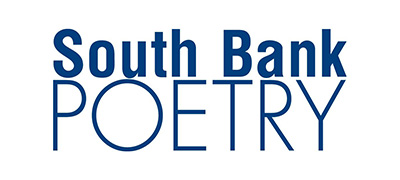Writing Your First Poem
The first time I wrote a poem I was eight or nine, at work with my mum. I wrote a poem called “I’m Bored!” inspired by the boredom that follows when playing with a photocopier has lost its shine. It had an a, b, a, b rhyme scheme and was filled with similes: I’m as bored as a fish that can’t swim.
Fortunately, most of the time we do not draw our inspiration from sheer boredom. If you’re thinking of writing your first poem, the likelihood is that something has inspired you, or sparked your imagination. The difficulty is getting those thoughts and feelings from your mind to the page. Below are some tips for getting you started on your poetry journey. Different techniques work for different people, so feel free to use it as a Pick ‘n’ Mix rather than a set menu.
- Give yourself freedom.
You may have a really clear idea of what you want to write about, or you might not. But the beauty of poetry is that you don’t have to be rigid. Try free-writing: for two to five minutes, without stopping, write down everything that comes into your mind, in any form. Do not look until you’ve finished.
- Play with structure.
Now that you have something to work with, try fitting it all into a structure. For example, you could try to shape all the thoughts that came up in the free-write into rhyming couplets. You could try to give your poem a perfectly even syllable count, measuring out each line until you have a neat, metered poem. Remove anything you won’t use: “I don’t know what to write…”
- Play with content.
At this point, the thing to do is to pare down what you’ve already written. Don’t worry about ruining the rhyme scheme, or upsetting the syllable count. Take out anything that doesn’t need to be there: this could be because it doesn’t fit the tone of the poem, or it’s not a word you like, or it’s an image you’ll save for a different day.At the end of this, you should be left with the bare bones of what you want to say, maybe encased in a vague structure.
- Play with style.
Your poem started as a collection of thoughts, some not even remotely relevant to the task at hand. Then you pushed it all into a structure, which you’ve now toppled. Perhaps it’s starting to feel like you’ll never have a poem. But this is the point at which you make some major poetic decisions. Do you want it to rhyme, or to have a specific form?
- Read.
Always read your poem aloud to yourself- it will help you see what works and what doesn’t. At this point, you may have a fully-formed poem or you may be editing for months but the fact remains: you are now holding your first poem!
Blog written by Guest Blogger Becky Balfourth*
*Becky Balfourth is a 30-something writer, poet and blogger. She has had work published in The Colour of Madness, Kent Review, Poems foor the NHS and other publications, as well as having guest-blogged for Mslexia. As well as writing she likes running, board games and hula-hooping.






